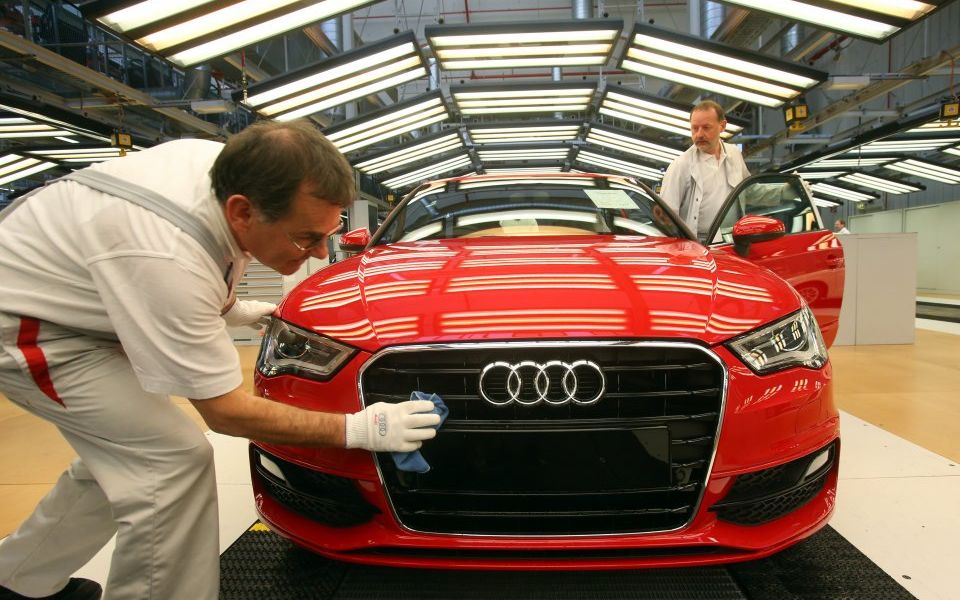German business confidence jumps after trade war fears ease

Germany's business confidence improved markedly in August, according to a closely watched survey, in a strong positive signal from the Eurozone's economic powerhouse following a diminished threat from the trade dispute from the US.
The Ifo (Insitute of Economic Research) business confidence index rose to a reading of 103.8, up from 101.7 the previous month to hit its highest point since March.
On Germany's factory floors the confidence measure rose for the first time in seven months. An improvement in confidence in the car sector was a key driver, coming after European Commission boss Jean-Claude Juncker secured an agreement with US President Donald Trump not to impose tariffs on the sector, at least for now.
Read more: China vows to continue retaliatory tariffs against Trump's US
Trump had threatened tariffs of as much as 20 per cent of the imported value of cars to the US, a move which economists had feared would herald the start of a trade war proper and a severe economic hit to the Eurozone economy.
Confidence jumped far above analysts' expectations of 101.9 points, with firms' satisfaction with their current business situation driving the improvement.
The survey, considered by economists to be a leading indicator for the performance of the giant German economy, showed a positive
"The German economy is performing robustly," said Clemens Fuest, president of the Ifo Institute. "Current figures point to economic growth of 0.5 per cent in the third quarter."
Read more: European firms not ready for no-deal Brexit
Germany's output, the largest in Europe, is a crucial component of broader economic growth in the Eurozone. Eurozone growth has slowed in 2018, with two quarters of 0.4 per cent quarterly expansion after five consecutive quarters of 0.7 per cent increases in activity.
The Institute reported that services sector business confidence has improved "significantly", with the expectations component of the index rising at the fastest pace since June 2009, when firms saw a bounce back from the depths of the financial crisis.
A stronger German economy would provide support to the European Central Bank, which is planning to stop its quantitative easing bond purchases in December. The massive economic stimulus programme will not be unwound until interest rates are considerably higher, but a stronger performance from the European economy would be more likely to result in a slightly faster pace of interest rate hikes.
The euro gained against the dollar following the data, although traded at just above $1.16 at the time of writing, within the range set earlier in the day.